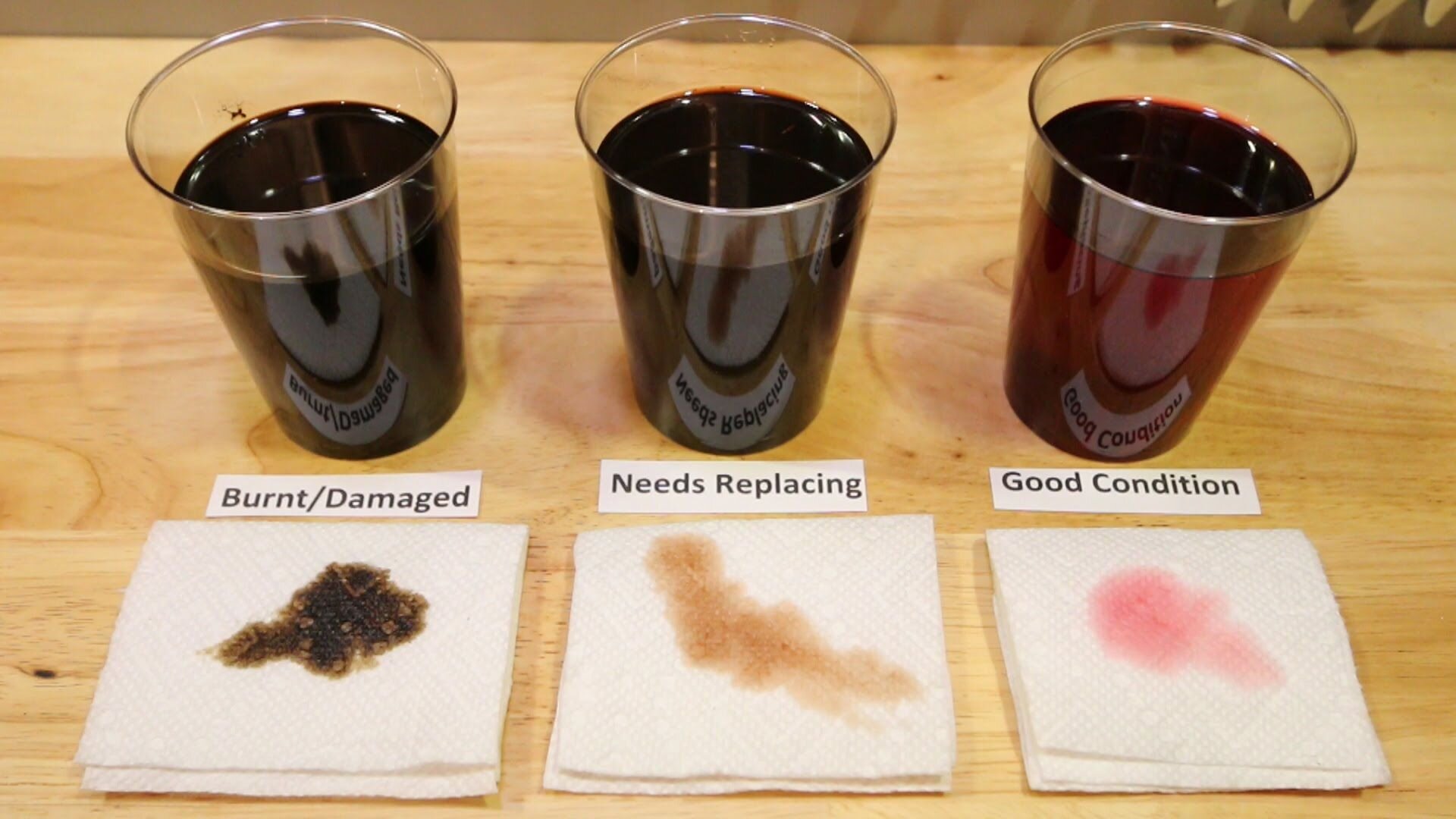Transmission Fluid: Do I need to change mine?
There are many Fluids that run through your vehicle allowing it to operate smoothly and one of the most overlooked is the transmission fluid. If driven without servicing, the fluid may become ineffective as a lubricant and may lead to catastrophic failure of the transmission.. And when it fails, it is not cheap to fix.
What is Transmission Fluid
Transmission Fluid is a special type of oil that is used to lubricate moving parts within your transmission. Automatic, CVT, and Manual transmissions all use a different type of fluid and it is important to know when and why you should change them.
When is it recommended to replace the Transmission Fluids for a Subaru?
As per recommended by Subaru, the transmission fluid should be inspected every 30,000 miles and depending on the condition, it may need to be changed out. The condition of the fluid depends on a variety of factors such as driving conditions, use of vehicle, and how many miles are on it.
Cars that are exposed to severe driving conditions need fluid changes more often than cars driven normally. Severe driving conditions as defined by Subaru would include:
extensive idling or long periods of stop-and-go traffic
driving in dusty environments
driving up and down hills
driving in freezing temperature or temperatures greater than 90 degrees
carrying a heavy load
and of course, racing.
If your car is subjected to severe driving conditions, it is recommended that the transmission fluid be changed out every 30,000 miles. From what we have seen here with Subaru’s driven in California most of them need their drive-train fluids changed out every 60,000 miles and a hand full require them to be changed out at 30,000 miles upon inspection.
Why should you change your transmission fluid?
Just like Engine oil, transmission fluid breaks down and becomes less effective as a lubricant with the introduction of heat. Cars driven under severe driving conditions are exposed to more heat and need the fluids to be changed out more often.
In an Automatic and CVT transmission, the fluid plays a larger role than it does in a manual transmission. It’s purpose is not only to act as a lubricant but it is also meant to serve as a coolant and a viscous fluid that transmits power from the engine to the transmission. All this produces more heat which leads to more stress on the fluid and ultimately, causes it to break down.
Although a manual transmission is not as susceptible to heat as an automatic transmission, heat can still be in issue in severe driving conditions. The main concern though, is contamination. As the synchro’s, bearings, and gears in a manual transmission wears down it contaminates the fluid with metal shavings. If the fluid is not flushed out, then the transmission will be lubricated with metal shavings which will accelerate the wear on the transmission. This also applies to the front and rear differentials on the car.
Just as a Manual transmission is affected by contamination, so are Automatic and CVT transmissions. All 3 types should be checked for metal shavings during inspection.
What are the risks if I do not change my transmission fluid?
The main risk of not changing out the drive train fluids is that it can accelerate the wear on the transmission and cost you a big chunk of change to repair. The main purpose of maintenance is to prevent such costly repairs and it is an investment that should not be ignored! Check with PM Autoworks to see if you need your transmission fluid changed during your service. We can inspect the fluid and determine whether the condition is good to go for another 30,000 or if it should be changed out. Give us a call or email to schedule today!






